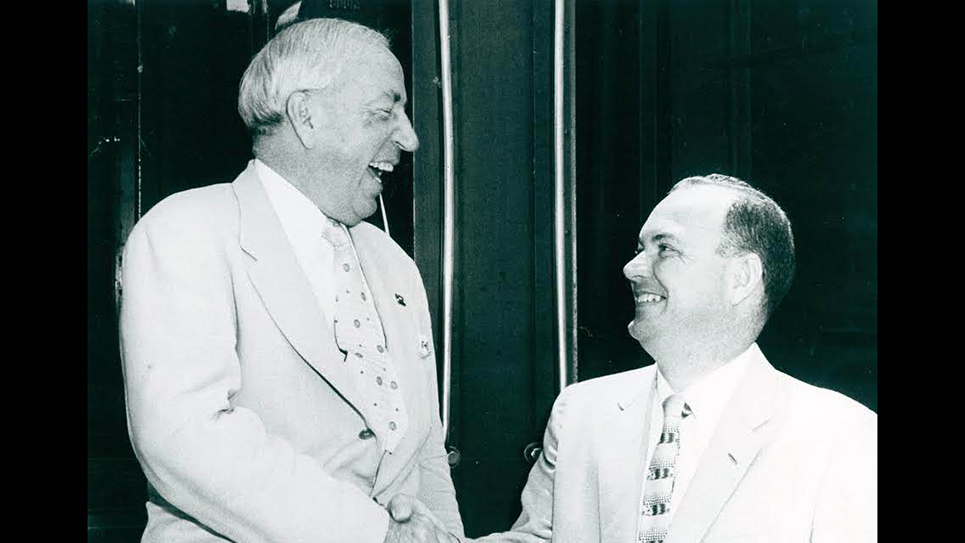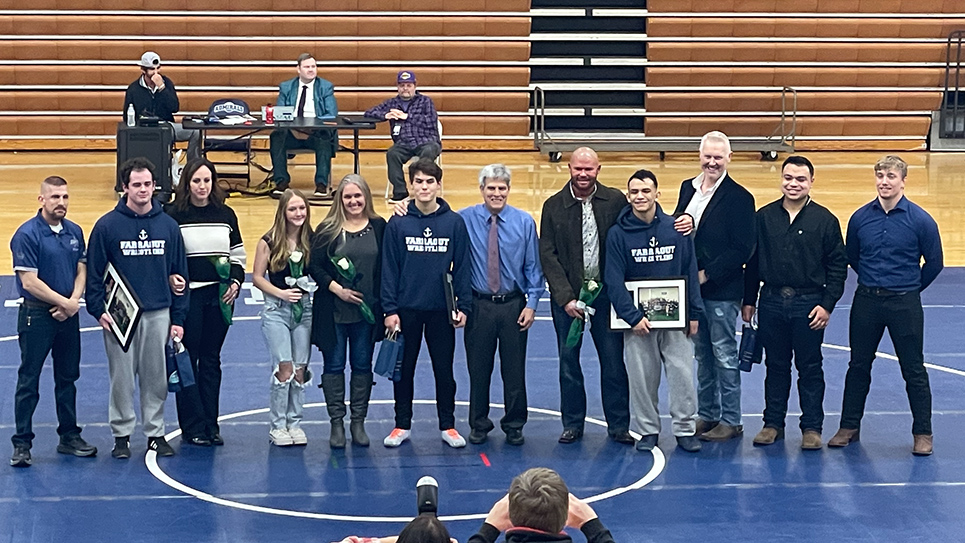Lately, I’ve become somewhat of a bird watcher. Perhaps this is because I’ve discovered it to be a contemplative exercise. I’ve always been an observer of nature, probably for the same reason I’m an internist. Details are important in internal medicine. Now, as I do my spiritual journaling, I watch birds through the window in my study and can differentiate between a male red-bellied woodpecker and a female yellow-bellied sapsucker.
However, I’m not a “birder,” traveling around the country or the world on a quest to identify hundreds or thousands of birds. I just admire the beauty and diversity in my neck of the woods. And I’m teaching my grandson, Oakley, to be observant as I encourage him to take walks with me by saying, “Come on, Oaks, we might see something.”
Babies exist in their own reality of feeding, sleeping and eliminating. They perceive their mothers, and to a lesser extent their fathers, as gods. As children grow their horizons expand, and there’s lots to see under their noses and over the next hill. As mentors of the next generations, our duty is to teach our young people how to see.
I have more time to take walks and contemplate birds. This is because, as a semi-retired internist, I’m not hurrying out the door to the office or the hospital. I have been spiritual journaling for seventeen years, and I recommend this prayerful exercise. And when you take the time to seek you will find answers to your questions.
There is great beauty in the creation. And the majesty of the creation which extends from quasars to quarks and everything in between is evidence of a Creator’s hand. To argue that everything exists by random chance is to argue that an infinitesimal possibility is more likely than rational probability.
Previously, I’ve written about the fundamental questions of life. Namely, where did humans come from and what is our purpose. I believe it is fanciful to think that the universe just occurred out of nothing, though proponents argue that it “popped” into existence out of some “quantum foam.” People have even purported to have calculated the odds of this happening at one chance in 10 with eighty zeroes. It is possible, but ridiculously improbable. Far more likely is that the universe began as a result of God’s creative energy 13.8 billion years ago and is progressing to a time where these words are read. So, what is our purpose? It is to seek and love God with all our heart, mind and soul, and our neighbors as ourselves. And I now consider my place in the creation and service as extensions of my purpose.
When you consider the age of the universe, our sun and the earth are of more recent creation. And the oceans from which we came explains why our tears taste salty. When our ancestors left the sea they carried with them beneath their skin the salt water of their ocean environment. The regulation of the internal environment is controlled by our skin, kidneys, heart and other organs aided by the hormones of the endocrine system. A principal endocrine organ is the adrenal glands which sit atop the kidneys and produce hormones which help regulate salt, sugar, sex and survival. Without getting into the intricacies of aldosterone, estrogen, testosterone and cortisone produced in the adrenal glands, hormonal balance is necessary to help control our internal ocean environment and life and health. We doctors even use synthetic hormones like prednisone (steroids) to treat diseases such as asthma or lupus. And we give cocktails of estrogen and progesterone to prevent pregnancy or regulate dysfunctional uterine bleeding.
In antiquity, salt was important for preserving food and made it more flavorful. The word salary derives from the Latin word salarius or salt, perhaps because the wages of Roman Legionaries were sometimes paid in the valuable commodity of salt. Metaphorically, Jesus said that people “are the salt of the earth.” I was always puzzled when he went on to say that salt can lose its “saltiness.” Recently, I learned that salt in the Levant was mined from the Dead Sea area. Unlike the purified salt we use today, the Dead Sea salt had other minerals. Water readily dissolves salt, and it’s easy to understand how Dead Sea salt might eventually be washed away and leave only the saltless dross. Was the Master warning us to guard against the world washing away our saltiness or spirit?
Sometimes you encounter perspectives which seem serendipitous, but, in fact, may be much more. “Is there life after this life?” was the internet heading. I was intrigued, so I clicked on the link and watched the short video. As a science based guy, I know this question is impossible to answer directly because it cannot be tested. However, humans have indirect evidence of God. The Apostle Paul was no shabby philosopher and spoke to this question 2000 years ago in his letter to Romans (1:20). A bit later the Gospeler John described God as love, speaking to the human awareness of this noumenal concept. In the last century, C.S. Lewis noted the concept of “ought” or the Moral Law which he posited as transcendent. And the leader of the Human Genome Project and now the Director of the NIH, Francis Collins, described this morality as written upon the fabric of our DNA.
The video from the Prager University approaches the fundamental question of God and an afterlife through logic instead of experimentation because no experiment can prove or disprove the existence of God or an afterlife. You should go to YouTube and consider the short presentation. (Go to YouTube and search “Is There Life After This Life?” Prager University).
Like Dennis Prager I can’t prove or disprove the existence of God or an afterlife. However, it makes far more sense to believe in God because there is such majesty in the universe – and Aristotle argued that something cannot come from nothing. Furthermore, there is the changed nature of a man who exhibits the Moral Law. And last, but not least, there is love. These are more than enough to convince me to trust in God rather than in man or government.
Socrates stated that when we close our eyes for the last time we will either blink into oblivion or awaken in the afterlife. He looked forward to meeting Homer who wrote the Iliad.
I trust in God and his promises. It makes life better now, and there is the hope of then.






